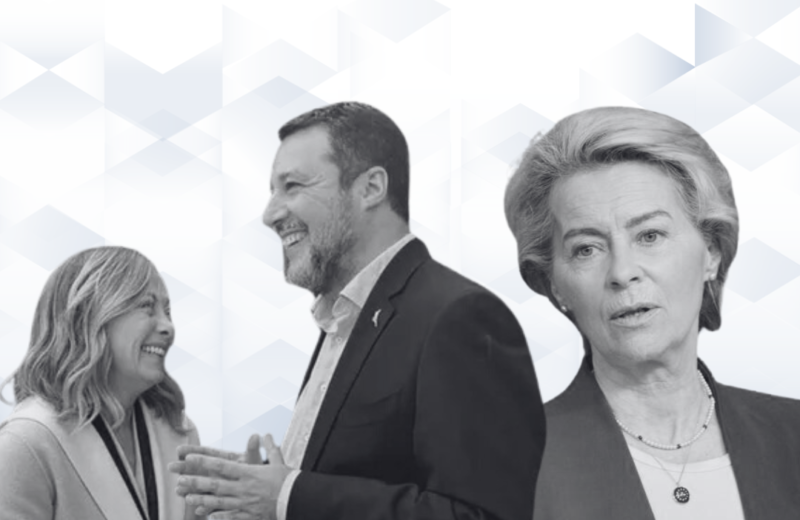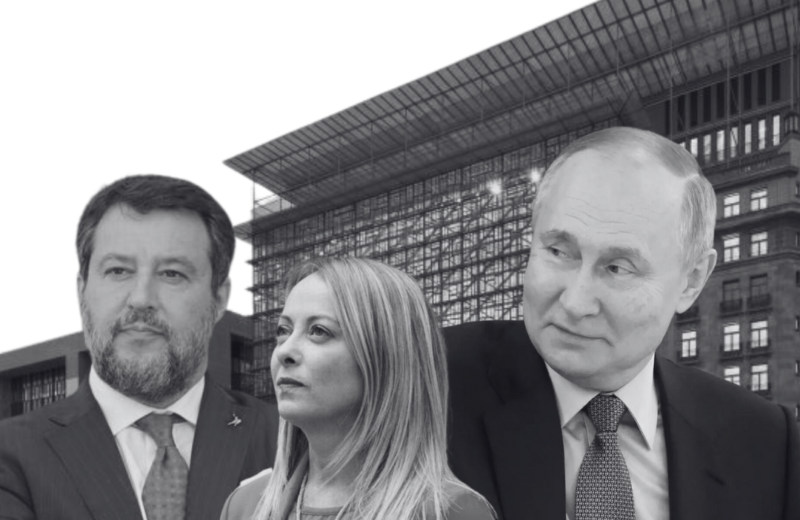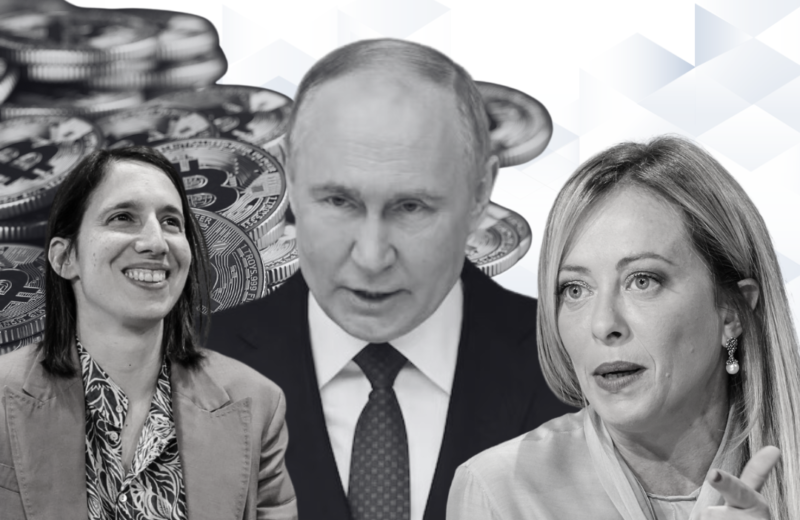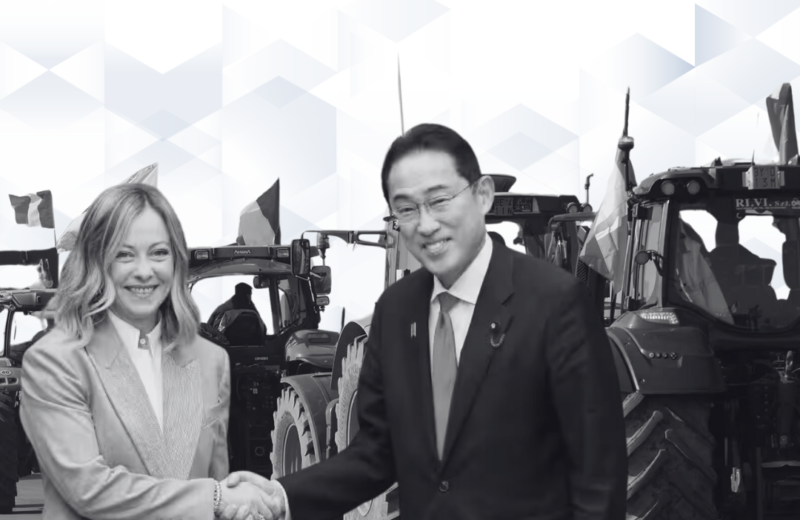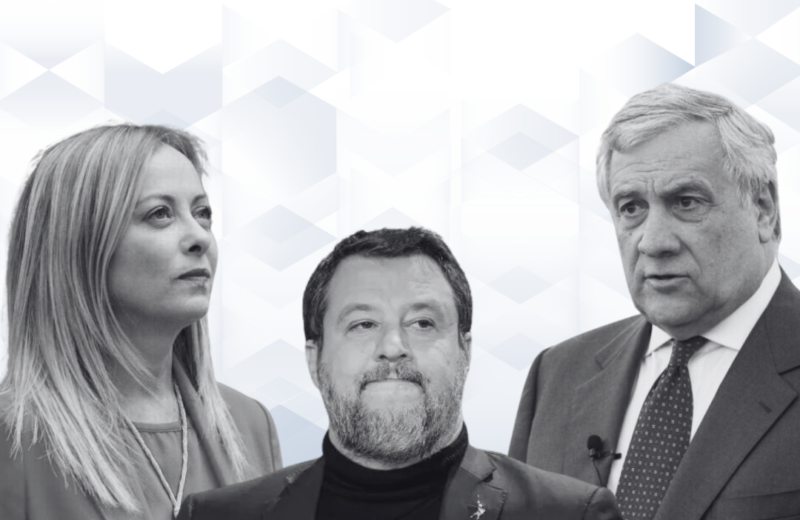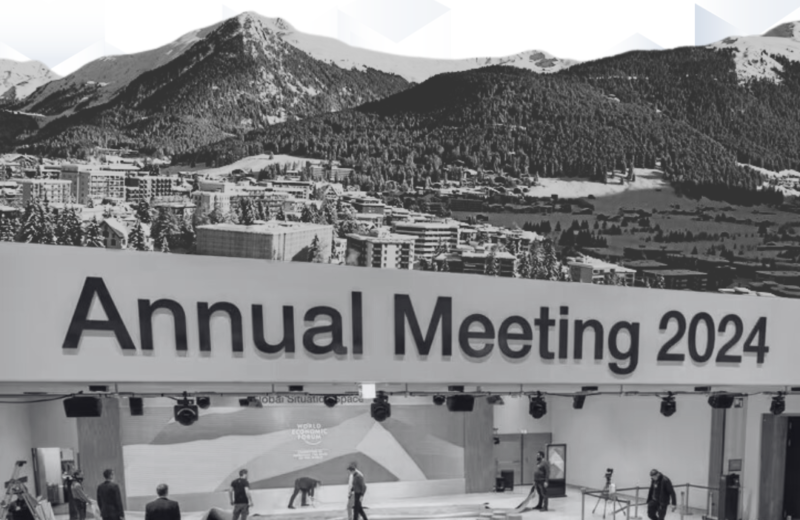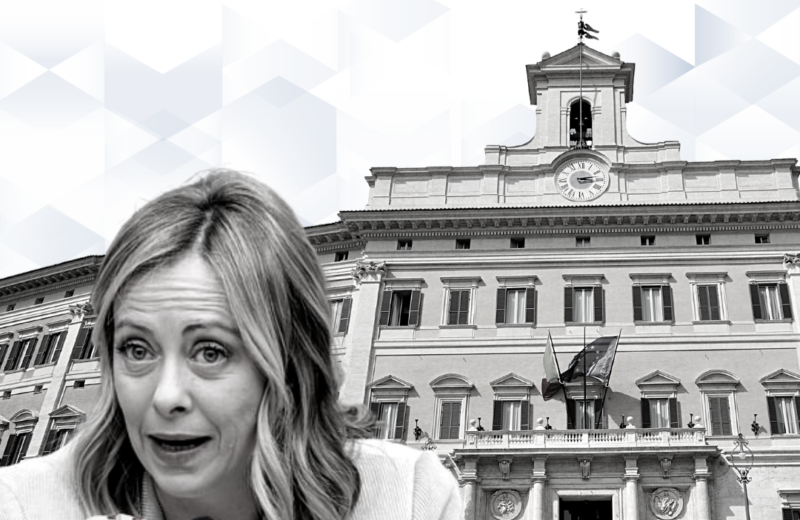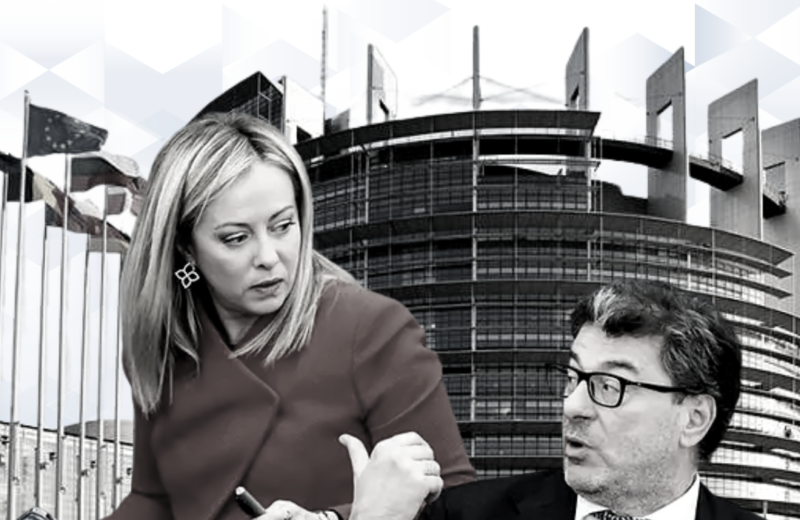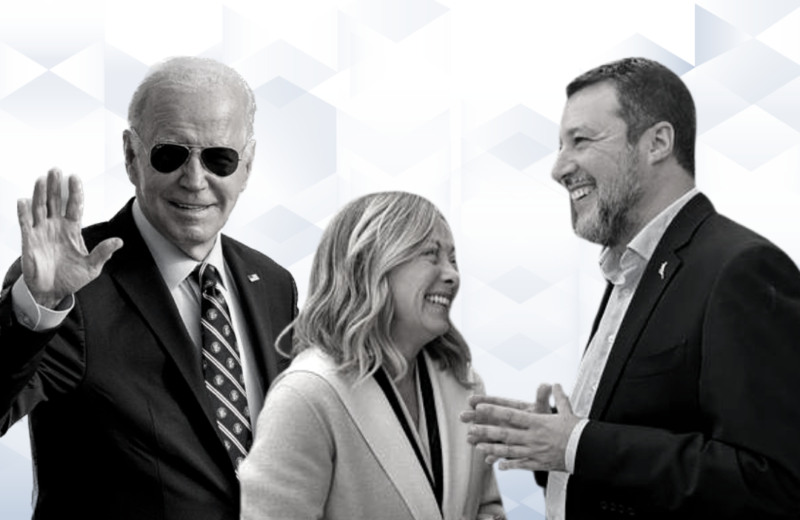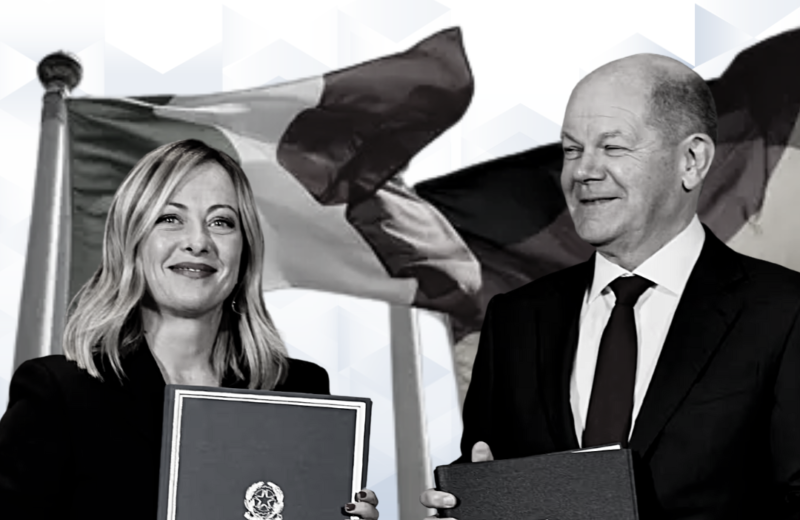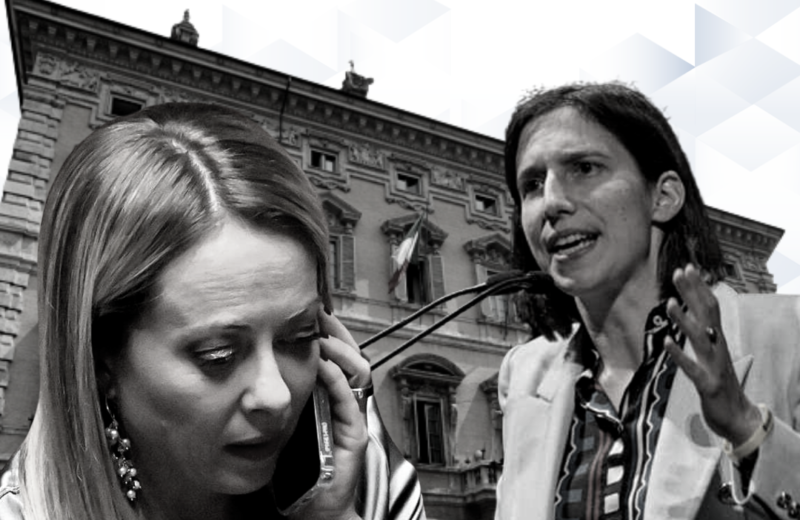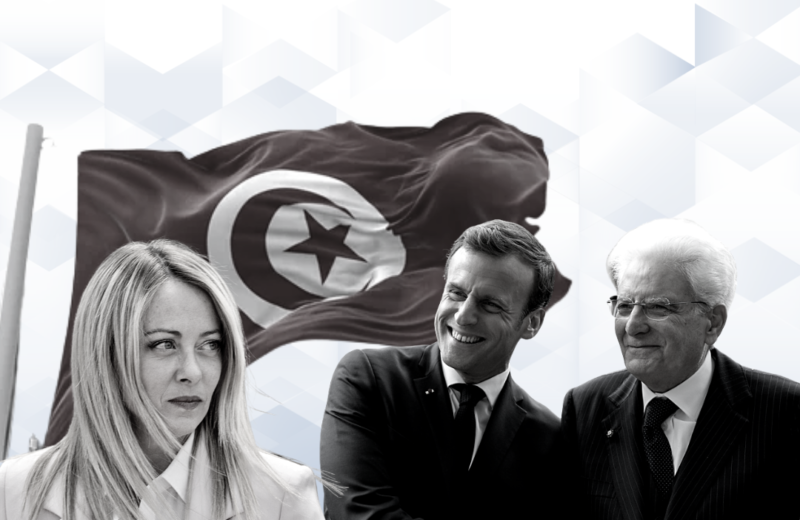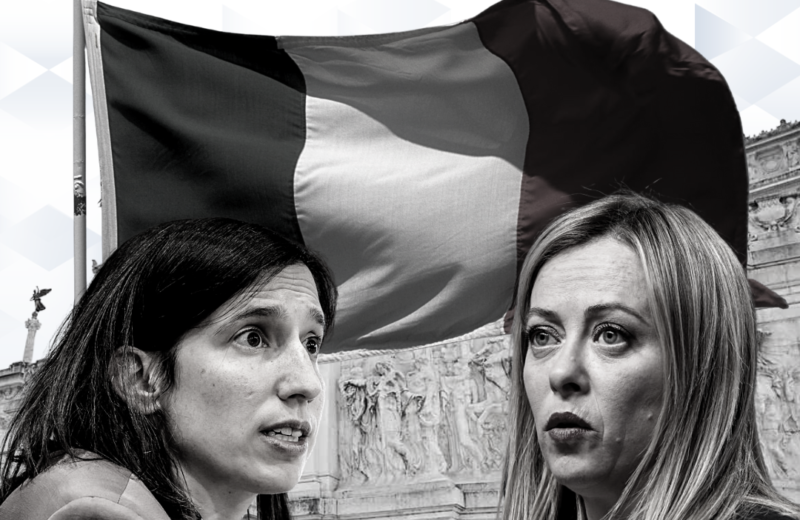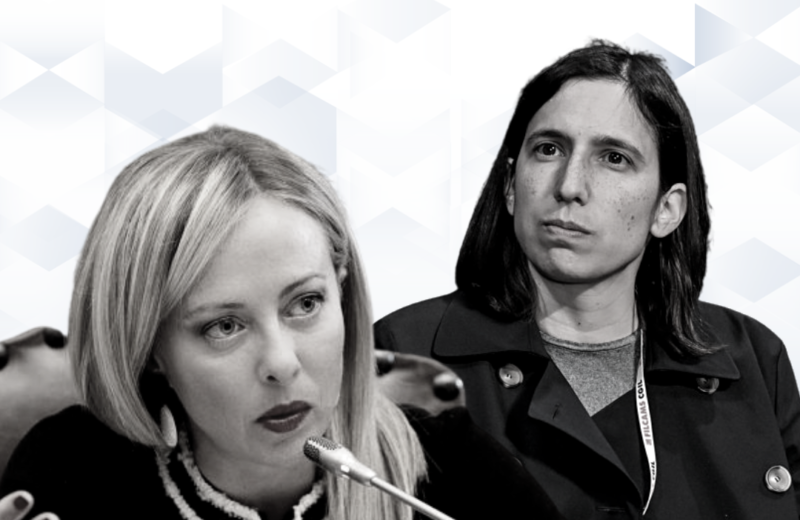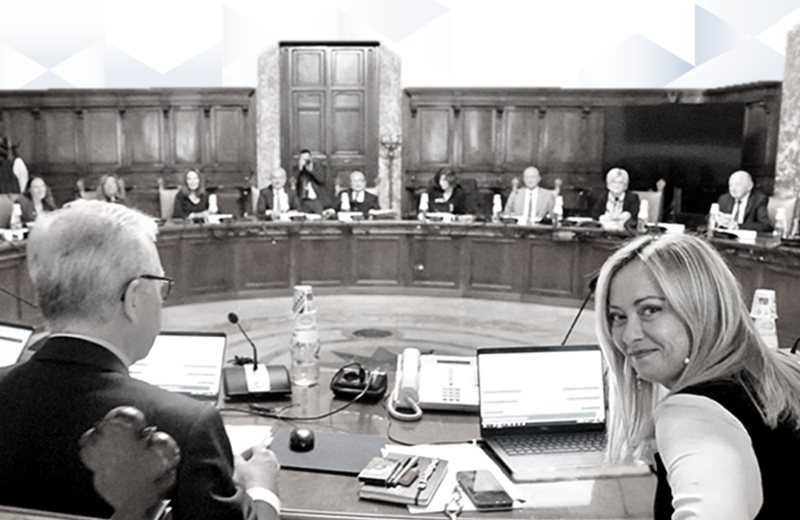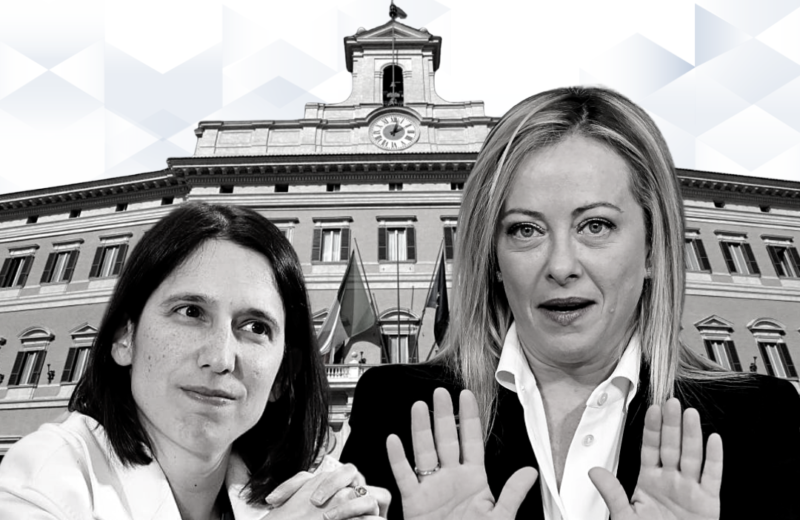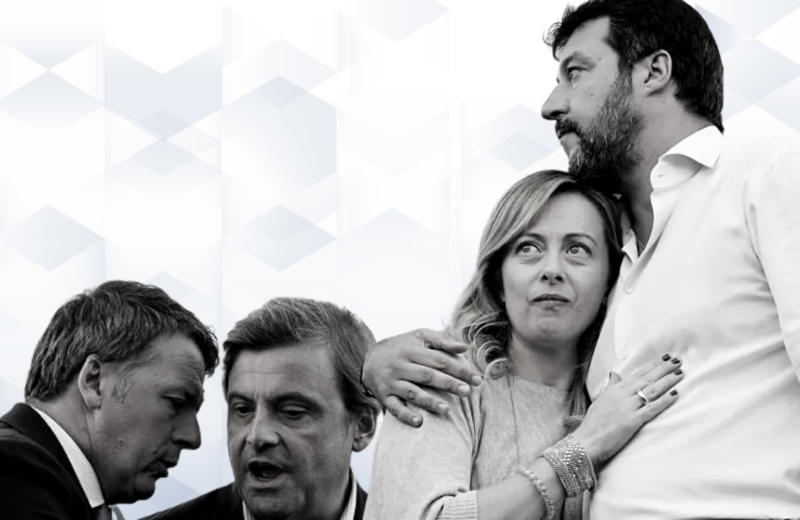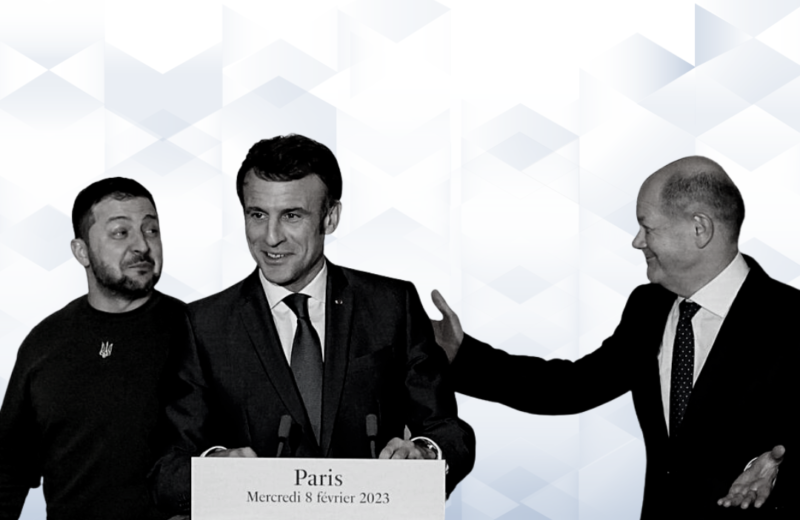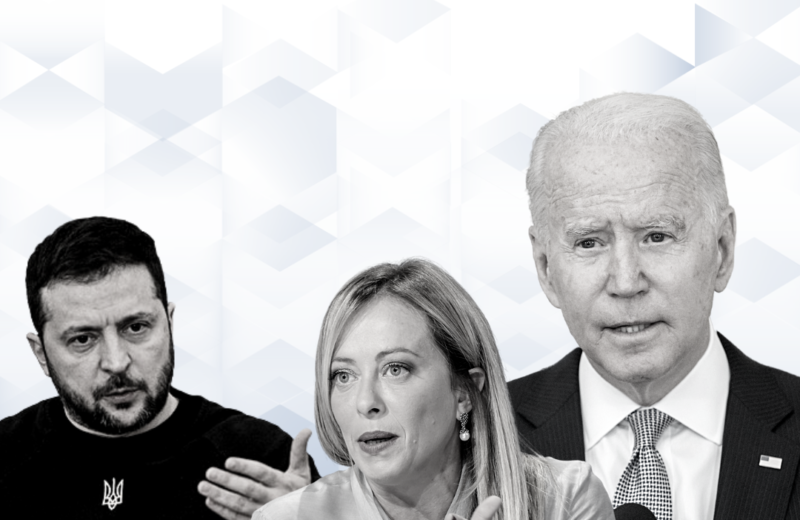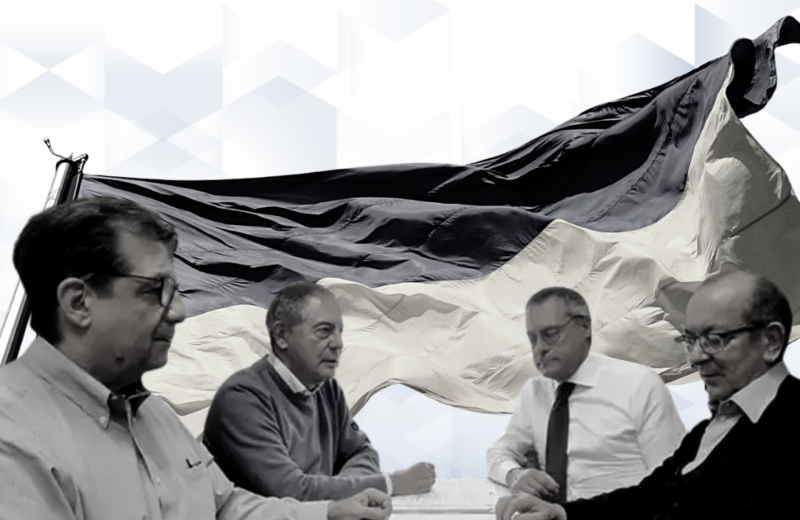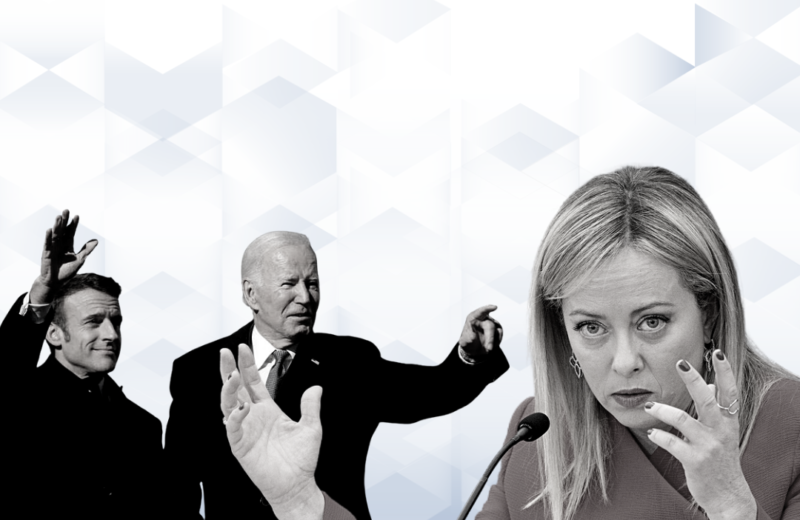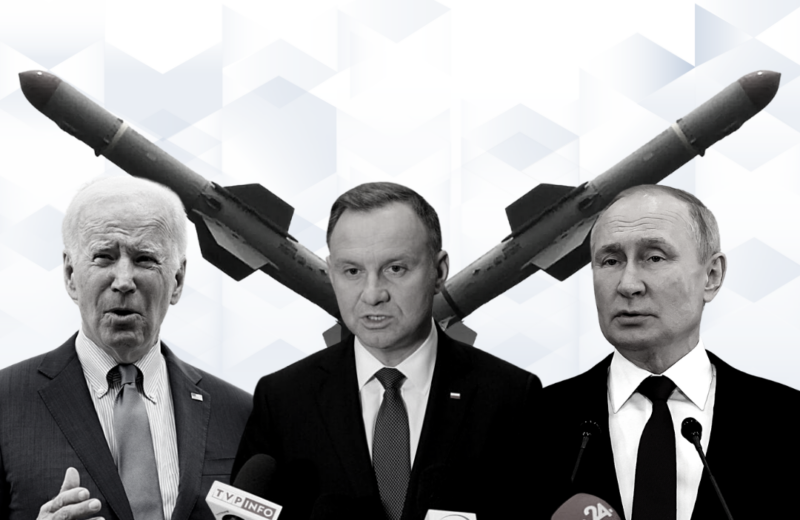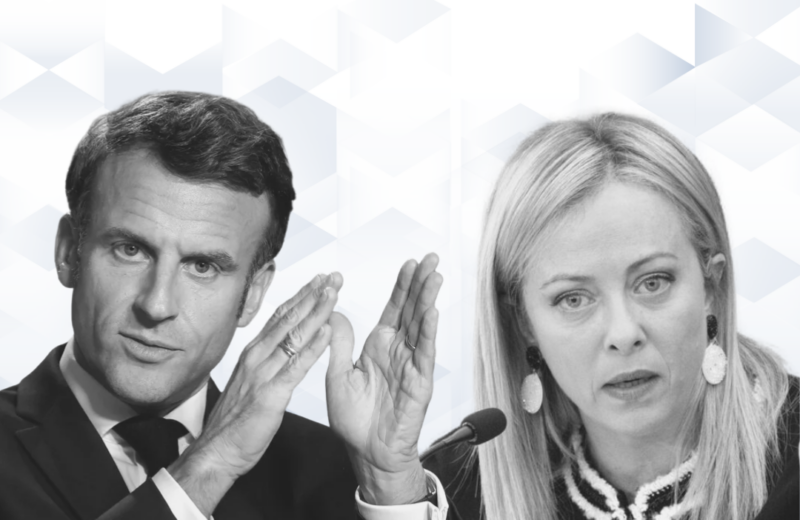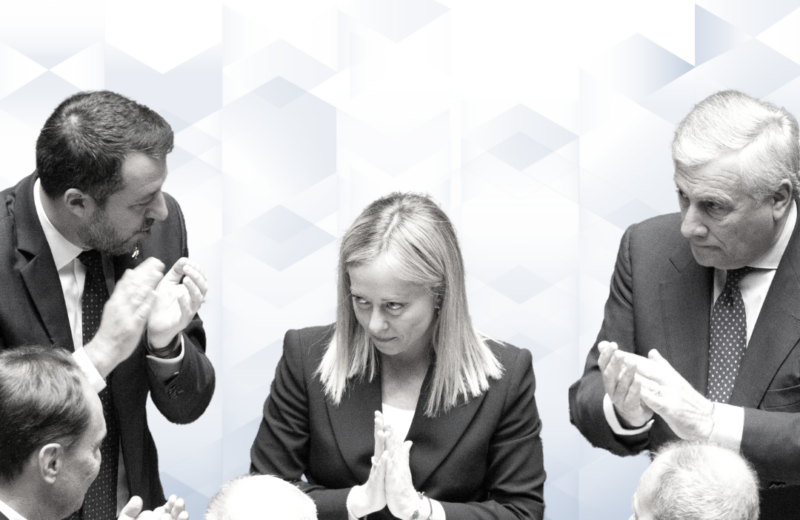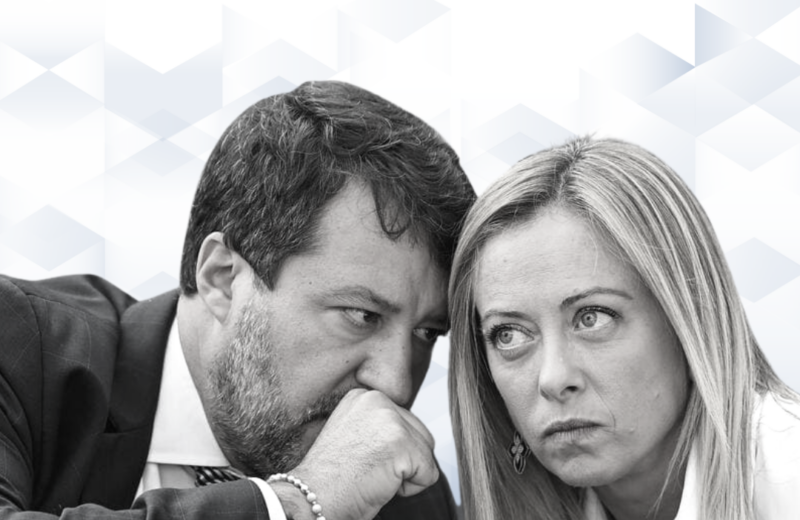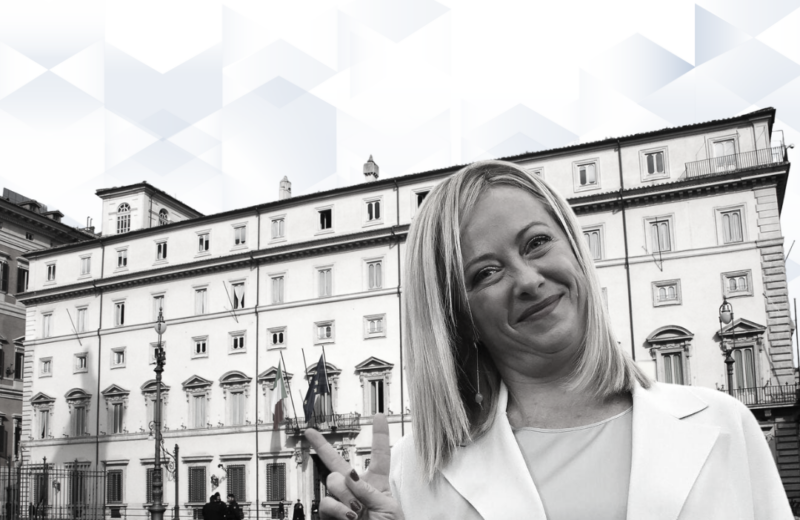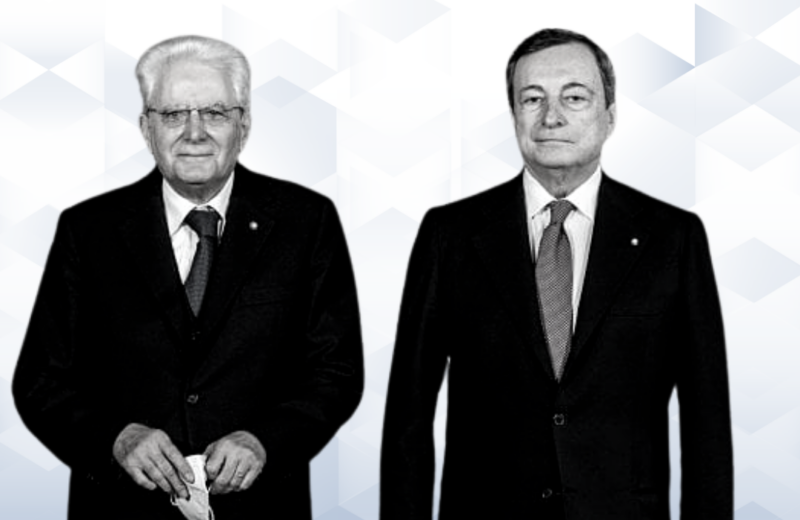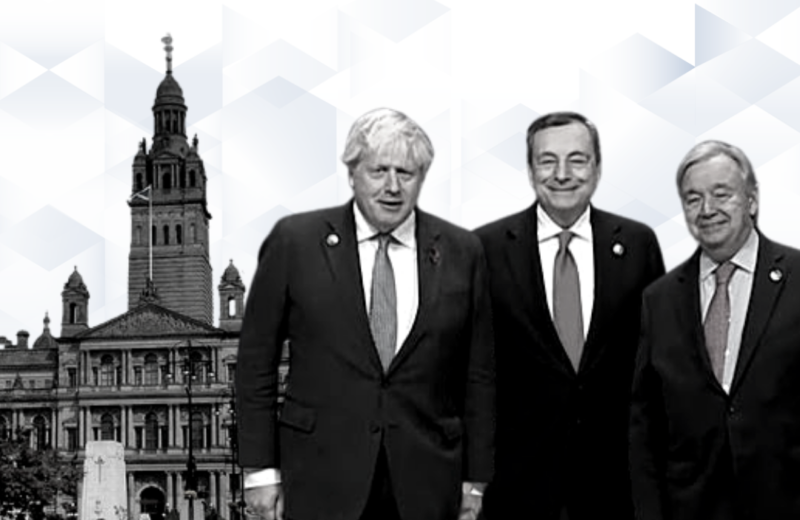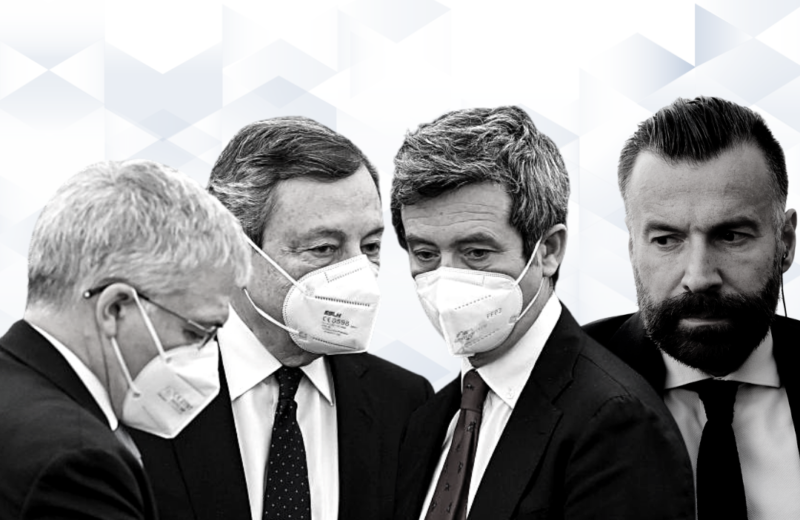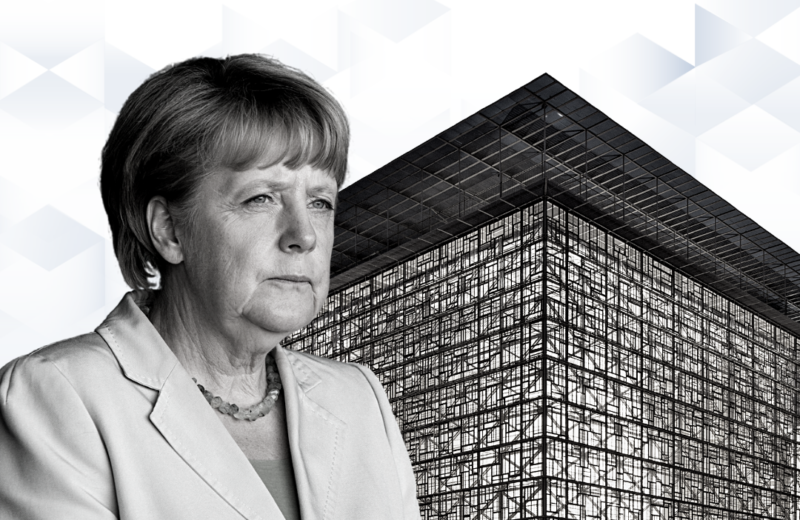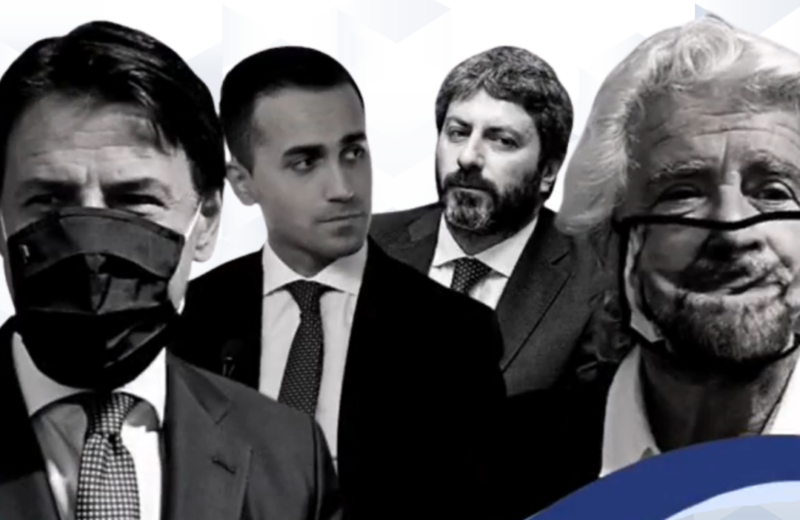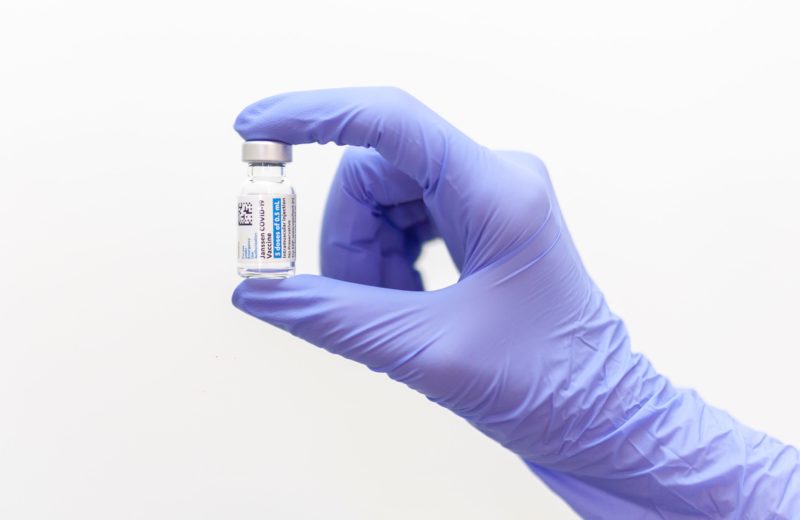NRRP uphill, the government’s crucial challenge
The first quarter of the year is being closed by the government with measures in numerous areas including high bills, procurement, taxation, healthcare and concurrency, but without passing the bill under discussion in the latter case. The ambitious measures passed on Tuesday in a longer and more demanding Council of Ministers than usual. The measures aimed at businesses and families to deal with the high energy prices were discussed in particular: the government thus allocated almost EUR 5 billion for the second quarter of 2023 and planned a cut in VAT, system charges for gas and the renewal of the social bonus for low-income families. At the conclusion of the CoM, Prime Minister Meloni declared herself ‘very satisfied’ with the work done so far, emphasising that «we are working for Italy and with good results. We are meeting people’s needs, while also trying to encourage energy saving». The Prime Minister is thus attempting, albeit laboriously, to hold together the support for citizens and industries and the measures that Europe is asking for in order to access NRRP funds.
The European Commission has in fact recently put Italy under the spotlight for the country’s difficulties in completing the planned reforms on schedule and thus spending the Next Generation money. An extra month has been granted in order to try to fix the missing or still incomplete measures as best as possible and not to lose the 19 billion owed to Italy by the third instalment of the plan. But it was the Minister of European Affairs, Cohesion Policies and the NRRP, Raffaele Fitto, who put it down on paper that Italy might not be able to spend the almost EUR 200 billion it will receive from the European Union and complete some of the objectives it has set itself. According to the agreements made, the NRRP must in fact be implemented by 30 June 2026, and at the moment it does not seem that the European Commission wants to grant Italy extensions as requested recently by the Meloni government. On this point, Fitto decided to abandon the cautious tones adopted up to now on the day on which the Corte dei Conti’s six-monthly report on the state of implementation of the plan was presented: «is mathematical and scientific that some interventions between now and June 2026 cannot be implemented: we must say this clearly and not wait until 2025 to open the debate on whose fault it is. (…) We are a country that today is still stuck at 34% of payments for the 2014-2020 cohesion funds». This is perhaps the first time that Minister Fitto has made such strong and direct statements commenting on the gap between the spending capacity required by the NRRP and that allowed by the structure of the Italian public administration and economy.
Also expressing concern over the issue was the Democratic Party, which this week called for “transparency” from the government on the status of the Plan’s implementation and for Minister Fitto to be urgently informed in Parliament on the «alleged delays and what changes have been made». So says Chiara Braga, the newly appointed PD group leader in the Chamber of Deputies. On Tuesday, in fact, the party secretary Elly Schlein received “her” new group leaders: Francesco Boccia in the Senate and Braga in the Chamber, elected by acclamation without any counting. Several criticisms and dissatisfaction were expressed by the party minority regarding Schlein’s decision, and Lorenzo Guerini himself, known for his diplomacy, pointed this out. But the game now shifts to the composition of the secretariat: the real challenge for the new secretary will be to hold together the various souls of the PD and thus try to please everyone, as far as possible.
During the week, Parliament has also put in place a test of détente with highly strategic content: the formation of the Parliamentary Intergroup for Innovation, made up of deputies and senators from across all parliamentary groups with the aim of uniting the political forces for the elaboration of proposals in the interests of Italian industrial growth, ecological and digital transition, and facilitating the country’s economic and social development. «Innovation was scattered in various Ministries, the idea is now to arrive in the Chamber with concrete proposals already prepared by the Intergroup» was how the Hon. Giulia Pastorella (AZ-IV) launched the initiative at the press conference that decreed the official launch of the Intergroup. Cybersecurity, the promotion of entrepreneurship (start-ups), environmental protection and the circular economy will certainly be the focus of activity and analysis in the coming months. Wide-ranging objectives for an action that, as the Chairman of the Chamber’s Culture Committee Federico Mollicone reminds us, will have a constructive and shared approach between the various “souls” that characterise the parliamentary arch.
While there is certainly still a lot of work to be done in the sector in Italy, the results achieved in previous legislatures and, above all, those that the current one has set itself, seem to bode well.


